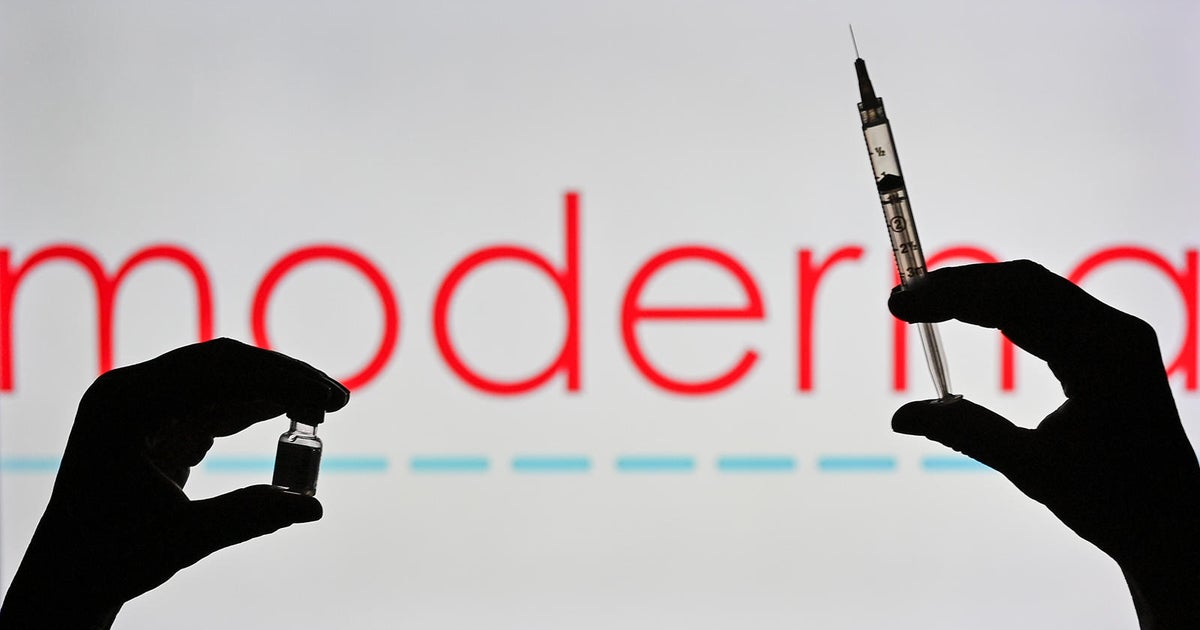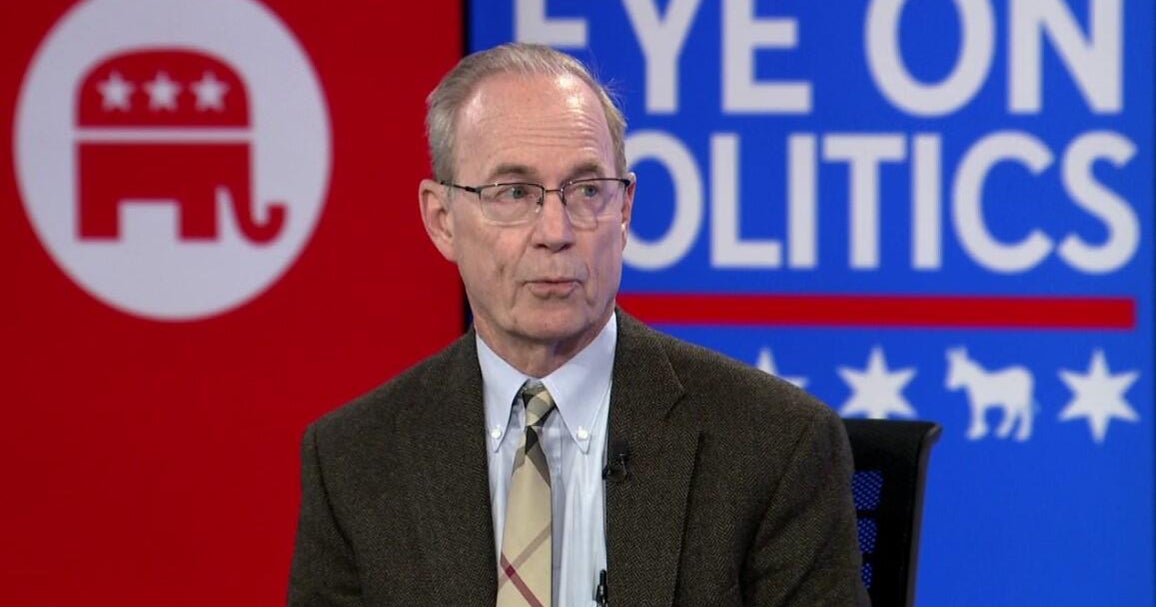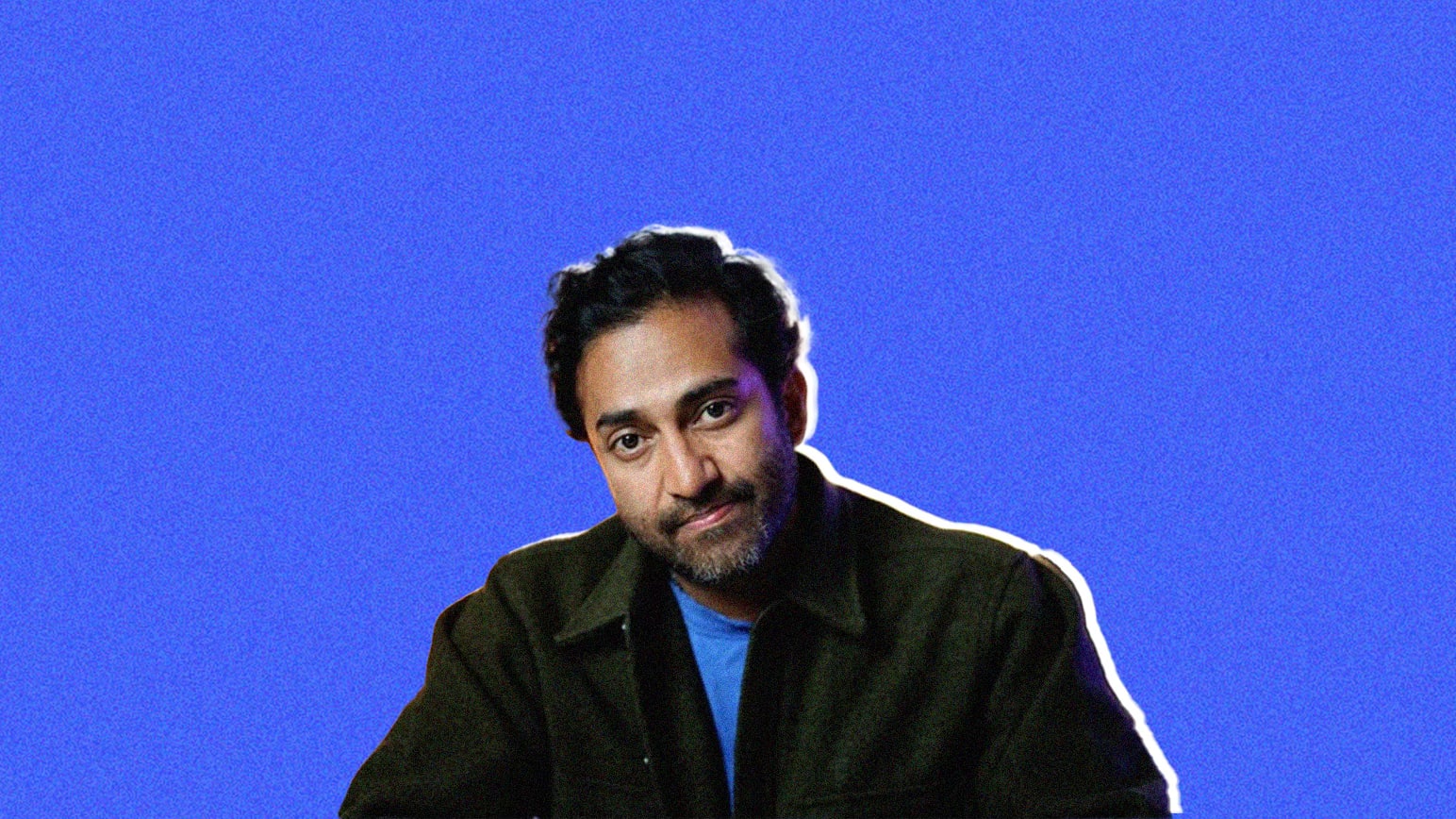Transcript: Scott Gottlieb on "Face the Nation," March 1, 2020
The following is a transcript of an interview with Scott Gottlieb that aired Sunday, March 1, 2020, on "Face the Nation."
MARGARET BRENNAN: For a closer look at how prepared we are for the coronavirus here in the U.S., we turn to former FDA commissioner and physician Dr. Scott Gottlieb. Good to have you here.
DR. SCOTT GOTTLIEB: Thanks.
MARGARET BRENNAN: You served in the Trump administration. What do you think the administration is doing now that is right, wrong in its handling of the virus?
DR. GOTTLIEB: Right. Well, certainly expanding the diagnostic capability is the right move. We're going to have the capacity by the end of this week to diagnose probably 10,000 people a day or screen 10,000 people a day with the public health labs. Hundred labs doing hundreds of tests a day. By the end of the week after that, we'll probably bring on another 10,000. So we'll have testing capacity of perhaps as much as 20,000 a day by the end of the next two weeks. Once we bring on the academic labs, that was really a critical step, bringing on those academic labs and leveraging their capacity. These are the major medical centers. What we need to do now is make a real concerted effort to get a therapeutic. We know when this started, but we don't know when this is going to end. And what's going to end it is our technology. Our savior here is going to be our technology. And we need to make a really robust effort to try to develop a therapeutic.
MARGARET BRENNAN: Meaning a treatment?
DR. GOTTLIEB: A treatment or a vaccine. But a- a therapeutic- a treatment is going to be more likely to be available in the fall. A vaccine is a much longer way off. And we always knew when that once in a generation strain came along, and this might be that strain, that what we were going to have to depend on was our science and something to stop it like a treatment or a vaccine. A treatment, again, we could have by September, October, potentially.
MARGARET BRENNAN: But more testing means more positive results. I mean, you're saying basically expect the number of those who've been diagnosed with the virus to also increase?
DR. GOTTLIEB: It's going to increase. This- right now, there's probably hundreds or low thousands of cases. Everyone's--
MARGARET BRENNAN: Hundreds or low thousands of coronavirus cases--
DR. GOTTLIEB: In the U.S.--
MARGARET BRENNAN: --in the U.S. that aren't that aren't reported yet?
DR. GOTTLIEB: --that aren't reported yet. It's a big country 3- 340 million people, 330 million people, so anyone's individual risk is- is still very low. But we need to get those cases diagnosed and identified so we can start getting people quarantined and into treatment and prevent more spread. We need to start mitigating the implications of the spread. There was an analysis out today by Trevor Bradford, very good researcher out of the Hutch, looking at the genetic strains in Washington state. And by looking at the strains and the drift between the different strains for the people who have been diagnosed there, he's suggested that there's perhaps hundreds and maybe low thousands of cases. It's an interesting analysis. There probably are more cases. We have community spread now in Washington state, California, perhaps Illinois or Oregon. So certainly hundreds of cases.
MARGARET BRENNAN: So, has the administration been slow in its response?
DR. GOTTLIEB: Well, look, I think the decision the administration made to block the travel, which was controversial at the time, clearly bought us time. It- it slowed the introduction of the virus into the country. Virus was probably here at that time, but it slowed additional cases. The question is, what do we do with that time? I think there's some things we did that were very smart. We got the country prepared. One of the mistakes, one of the challenges was getting the diagnostic testing in place. I think what we should have done and I don't want to, you know, armchair quarterback this, we relied on the CDC. We always rely on a CDC in a public health emergency. But simultaneous to that, we should have also been reaching out and trying to get the laboratory developed tests into the game and the manufacturers who have diagnostic capability. We've done that. You know, a couple weeks went by and they did that. And that is now in place. And those labs are going to be coming online. So we course corrected. I think what it teaches us, if you're looking back, what is the teachable moment? It's don't take a linear approach to these crises, take an all of the above approach. And we need to do that now in a therapeutic. We- we can't put all our eggs in the vaccine basket. We need to be looking at antibody based prophylaxis treatments, vaccines and all of the above approach. If case one doesn't work out, we have other options.
MARGARET BRENNAN: So you'd suggest that's the conversation the president should have tomorrow with the pharmaceutical companies--
DR. GOTTLIEB: Tomorrow is the vaccine manufacturers.
MARGARET BRENNAN: --when he brings those executives?
DR. GOTTLIEB: I think we need to look at the companies that- that can develop antibody based prophylaxis as well. We did that against Ebola. That is actually what we could potentially have for the fall- fall or a small molecule drug that's currently on the shelf, trying to repurpose it for this.
MARGARET BRENNAN: The NIH director, Anthony Fauci, a doctor, said that from what he's seen, if you get infected, you likely won't get reinfected. But there seems to be so much we don't know. If someone has just sort of mild or moderate symptoms, how do they last? How do you know to go and get tested?
DR. GOTTLIEB: That's the challenge here. You don't. You know, there isn't- the spectrum of disease here is very wide. A lot of people are asymptomatic or mildly symptomatic, but they shed virus and they're still infected. They can still transfer the virus and a small percentage get very sick. And so, it's probably the 80 percent that are mildly symptomatic or even asymptomatic that are the ones that are spreading it. The other thing is that people who get very sick, don't get very sick right away. The time to hospitalization in- in different studies was nine to 12 days. So they start off with cold-like symptoms and then they progressively get more ill. And it's in that phase that people are spreading it. There was a very interesting analysis in the New England Journal of Medicine about two weeks ago that looked at viral load and viral shedding across a spectrum of disease. And the people who are mildly symptomatic shed as much virus as the people who are very sick and that's atypical. Typically, the amount of virus you have and shed to- in- in some diseases comports with how much- how much of virus you have.
MARGARET BRENNAN: OK. Doctor, thank you very much for coming on and giving us--
DR. GOTTLIEB: Thanks a lot.
MARGARET BRENNAN: --your analysis. We'll be back in a moment with a look at Super Tuesday and more.



